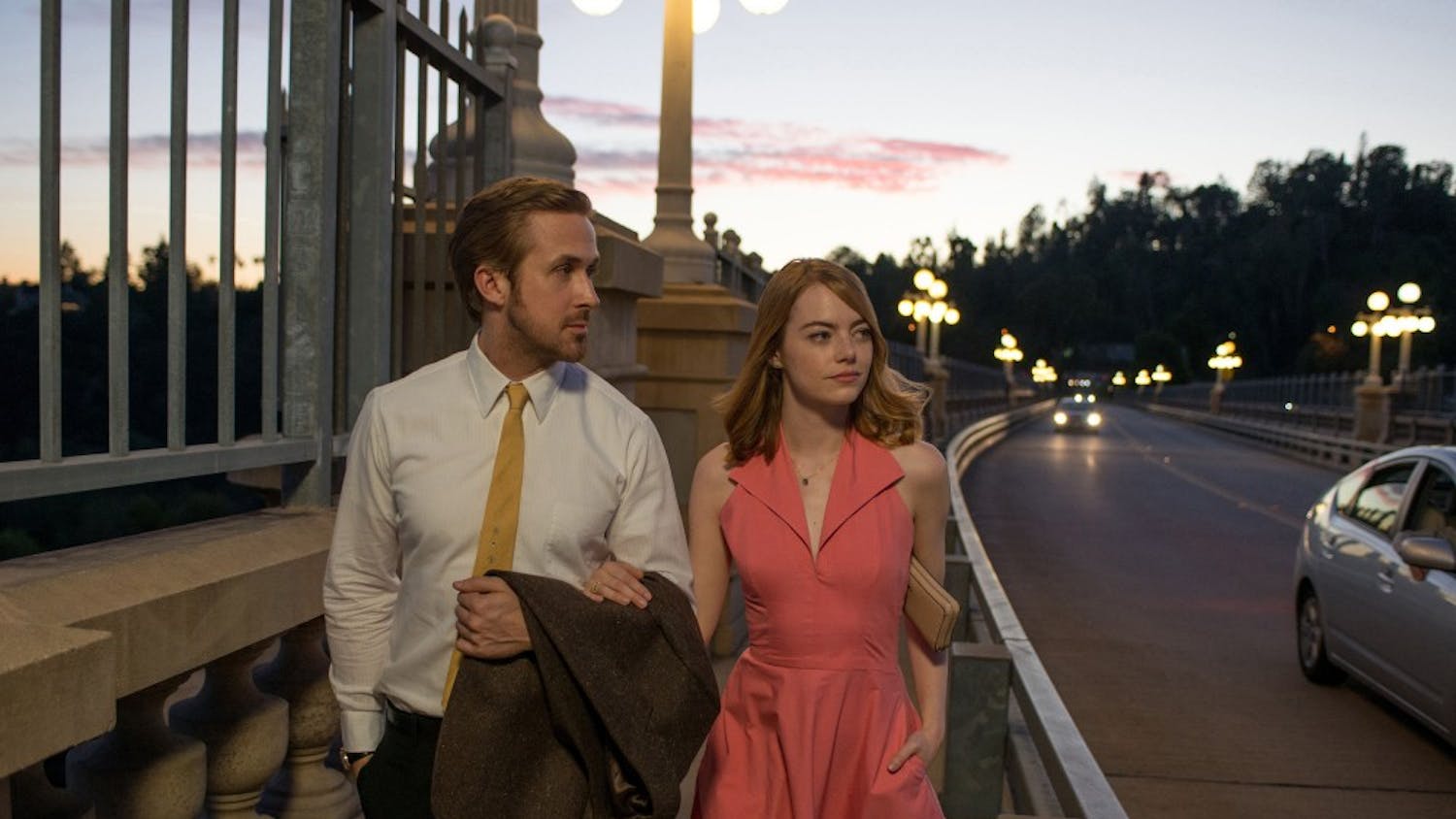Lately, on the nights when I come home feeling depressed and forlorn (and they are many), I seem to be listening to the same song over and over again. In the last few weeks, when I feel yet again that I'm ready to explode in a blast of anger, frustration and self-hate, I've been listening to Warren Zevon's "Roland the Headless Thompson Gunner." And I've been feeling much better.\nWarren Zevon has quickly become one of my heroes, one of the people I look to for inspiration, meaning and a reason to get out of bed in the morning. Of course, Warren's dead now. He died Sept. 7, 2003, more than a year after he had been diagnosed with untreatable lung cancer. Two weeks before his death, his final album, The Wind, was released. The last song on the CD was "Keep Me in Your Heart." "These wheels keep turning," he wrote in that song, "but they're running out of steam." It's still hard for me to think of him and not cry.\nBut before he died, Warren carved out his own unique and tiny niche in the world of music -- and in the worlds of countless people whose own lives were marked by the contradictory mix of jaded pessimism and idealized romanticism. Warren, Bruce Springsteen once said, was "a moralist in cynic's clothing." His fans -- his true fans, not the ones who think "Werewolves of London" is "pretty cool" -- adored him, not because his songs were pretty (although many of them were), but because he could take life's ugliness, and twist it and turn it to produce something that radiated truth and verity, something that revealed the inner workings of his own heart -- and the hearts of everyone who listened.\nThus, "Roland the Headless Thompson Gunner" came to exist. The second track on Warren's 1978 album, Excitable Boy, "Roland," tells the tale of a Norwegian mercenary whose specialty was the trademark submachine gun. He signs on to fight for the Congolese in the Biafran War, but, thanks to his unsurpassed skill, is soon marked for death by the CIA. One of his colleagues, Van Owen, then unceremoniously blows off Roland's head. Roland stalks through the night, searching for his killer, eventually finding him in a Mombassa bar: "Roland aimed his Thompson gun -- he didn't say a word / But he blew Van Owen's body from there to Johannesburg."\nAs I sit at home and listen to the song, I envy Roland -- not because he got his head blown off, of course, but because he found revenge, because he defeated that which had at first defeated him. In my darkest hours, I silently dream about blowing away that which defeats me. I want to avenge all my lost years, the time that was wasted at the hands of self-hatred and unrestrained, self-imposed anguish. Listening to "Roland" becomes, quite simply, a catharsis for me, a way of sublimating my innermost desires into a metaphor for my frustration and hatred and paralyzing sadness. And my Van Owen -- that which defeats me -- is myself, myself and my mind.\nOf course, on its face the song is much more ambiguous, especially with the ending:
The eternal Thompson gunner, still \nwandering through the night\nNow it's ten years later but he still \n keeps up the fight\nIn Ireland, in Lebanon, in Palestine\nand Berkeley\nPatty Hearst heard the burst of \n Roland's Thompson gun\nAnd bought it
What's that supposed to mean? I dunno, you figure it out for yourself.





